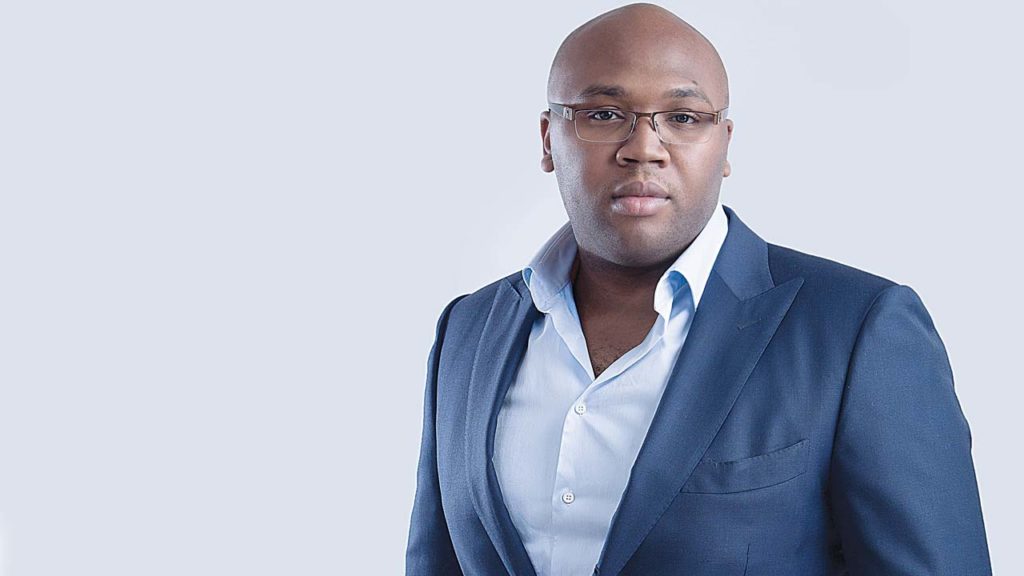French media company Canal+ Group has completed the acquisition of ROK Studios, a Nollywood production company that has produced over 550 movies and TV series as it attempts to gain a stronger foothold in French-speaking African countries.
Founded in 2013, ROK Studios is the brainchild of Mary Njoku, an actress and the spouse of Iroko TV founder Jason Njoku. The company has come a long way and now houses perhaps the second largest pool of African content after Multichoice.
The company produces local content on a shoestring budget that is distributed on IROKO’s video streaming platforms, including IrokoTV and Iroko+. ROK Studios content is also distributed on the IROKO’s ROK cable TV channels which are available on DStv and SKY, the UK cable company.

Mary Njoku has led ROK Studios since it launched in 2013. Following the acquisition, she will stay on as Director General of the company.
However, with the Canal+ acquisition, ROK Studios is now an exclusive part of the Vivendi-owned company. But according to the terms of the deal, ROK Studios will remain an independent company. Njoku will retain her role as director-general.
“The acquisition allows ROK to expand and produce more content,” said Njoku. “We will continue to produce content in Nigeria, but we want to be able to work in, produce content and develop new talent [on and off screen] in other African countries as well,” she added.
Under her watch, ROK Studios will produce content for Canal+, particularly for its French-speaking audience, and could also produce content for third parties, Njoku told TechCabal.
The studio will also work closely with its former owner, IROKO and will distribute non-exclusive ROK content on IROKO’s video-on-demand app, IrokoTV.
This is not the first partnership between IROKO and Canal+. Both companies have worked together since 2016 when they partnered to launch Iroko+, a streaming app targeted at Francophone Africa. Uptake of the app has been impressive with over 1 million downloads on the Google Play Store.
“We have worked with Canal+ for about 5 years – so they know how we work, they know the calibre of our work,” Njoku said.
“They have always believed in what we can do, and have supported our aspirations to make Nollywood global, so the acquisition deal is really a further affirmation that they are serious about building Nollywood and ROK as global African content brands.”
Regardless though, there is an important question that needs to be asked: who benefits more from the acquisition of ROK Studios?
What does IROKO Stand to Benefit?
Now acquisitions are always great news, and more so when the acquisition involves an African tech company. In this case, IROKO looks poised to benefit financially from the deal, but there are important questions about its future.
Although the financial side of the deal was not disclosed, Fabrice Faux, Chief Content Officer at Canal+, said the deal is “key for Jason… to developing the VOD aspects of IROKO.”

Jason Njoku, CEO and founder of IROKO, has been quite outspoken cost of acquiring original content for SVOD platforms. So why did he just sell his own studio that gave him access to over 550 original movies and TV series?
For his part, Jason Njoku CEO of IROKO disclosed in a tweet Monday that the ROK Studios sale is the “biggest deal” in the company’s history.
However, on the other hand, the ROK acquisition could create uncertainties about Njoku’s IROKO.
To begin with, the sale means IROKO has just given up control of a large pool of domestic content. With over 500 original movies, all produced after 2012, ROK has a rich mix of content valuable for the African market. Reliance on ROK helped to provide a buffer for IROKO when the cost of movie licenses shot up from $2,500 to $25,000 per movie. Meanwhile, before now, Jason has been quite vocal about this and how unsustainable this is for streaming platforms.
Canal+ Wins Big from the Acquisition
With the acquisition, Canal+ Group is taking possession of a significant trove of original content for its African subscribers. The African region is the company’s second-biggest market by number of subscribers and it represented 10.6% of the company’s revenue in 2018. Canal+ also wants to get an edge over competitors like the Chinese satellite company, StarTimes.
Importantly too, the French company has made a return to the streaming business and in this market, content is truly king. Earlier in March 2019, it launched a new SVOD platform called Canal+ Series. The new platform is Canal+ ‘s second foray into the streaming business after regulatory issues disrupted its Canal Play streaming business.

In March 2019, Canal+ launched its own streaming platform called Canal+ Series. Its acquisition of ROK Studio could aid its growth in French speaking Africa.
Canal+ already owns a movie production company called Studiocanal. With its latest acquisition, it now has a rich well of content it can tap into for growth in Africa.
Acquiring original content is a similar strategy employed by rivals including Netflix and Multichoice. Over the last two years, Netflix has acquired rights to popular Nigerian movies such as October 1 and The Wedding Party. It also acquired the rights to newly produced movies like Genevieve Nnaji’s Lionheart and Kunle Afolanyan’s Mokalik.
Therefore, ROK provides the content and the team of experts needed to give Canal+ some edge over other SVOD platforms. With Njoku’s leadership, the company now has the expertise to develop more local content that attracts audiences in both Anglophone and Francophone Africa.





















